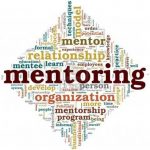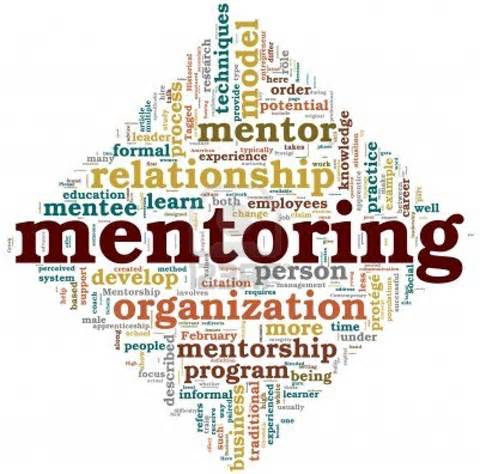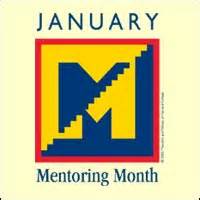
Entrepreneurs and women on the career track tell me over and over that one of their primary desires is to have a great mentor. I’ve discovered that great mentoring relationships develop over time and are most effective when there is trust and respect between the mentoring partners. Here are my top ten tips for becoming a great mentoring partner.
- Look within your organization or professional association.
- Rather than looking for a potential mentor at the very top, look for someone you respect who is either further ahead in his or her career than you are.
- When looking for a mentee, it is very tempting to use mentorship to reward a high potential/high performer. You can also make a huge difference for someone who is struggling but has the potential to shine if only.
- Look for someone you can talk with and trust. As you build your relationship you will become ideal mentoring partners.
- Start with an informational interview so you can learn about the other person before asking them to be your mentor or mentee. If you feel comfortable, schedule a follow-up meeting and then pop the question.
- After you agree to work together: schedule your first mentoring session! It takes intentionality to get going and mutual commitment.
- At your first meeting, create a formal agreement for how you will work together. I call the agreement Conditions for Winning. Some things to include are:
- How often you will meet
- That you will begin on time and end on time
- Who will reschedule when a meeting is cancelled
- What is said between you is confidential
- The mentee will request coaching and support when needed
- Anything else you can think of that will support your success
- Choose problems or projects to work on that are important to your mentee and her work.
- Never leave a mentoring meeting or conversation without at least a three-step action plan. One of those steps can be to create a more detailed plan. Set a deadline for each step.
- Remember: mentees do all the work. Mentors, this means they make their own plans and do their own research – you can point them to resources, but don’t do it for them. They will learn best by doing it themselves.
Susan Bender Phelps runs Odyssey Mentoring & Leadership. She speaks and delivers corporate training on Mentorship, Leadership and Communication. Her book, Aspire Higher, tells true success stories of business and career mentoring and unpacks the essential elements of an effective mentoring partnership.

